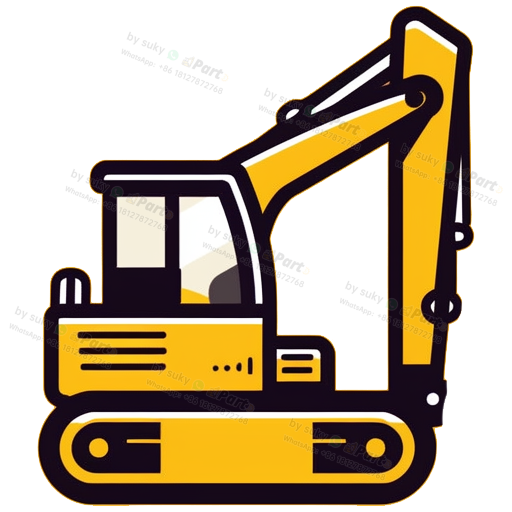Construction Equipment and Parts Imports: Everything You Need to Know
When it comes to importing construction equipment and parts, there are a few key factors that importers and distributors should keep in mind. From understanding the latest market trends to navigating trade regulations, staying knowledgeable about the industry is crucial for success.
Market Trends in Construction Equipment and Parts
One of the first things importers and distributors should consider is the current market trends in construction equipment and parts. With advancements in technology and changes in consumer preferences, it’s important to stay up-to-date on the latest products and innovations. Additionally, keeping an eye on competitors and market demand can help businesses make informed decisions about their inventory and pricing strategies.
Navigating Trade Regulations for Construction Equipment
Importing construction equipment and parts can be a complex process, especially when it comes to navigating trade regulations. From obtaining the necessary licenses and permits to understanding tariff rates and customs clearance procedures, importers must ensure compliance with all relevant laws and regulations. Working with experienced customs brokers and trade advisors can help businesses streamline their import process and avoid costly delays or penalties.
Quality Assurance and Warranty Policies for Construction Equipment Parts
When it comes to construction equipment parts, quality assurance is a top priority for importers and distributors. Before partnering with suppliers, businesses should conduct thorough research on the manufacturer’s reputation and certifications. Additionally, understanding the warranty policies and return procedures for parts can help mitigate risks and ensure customer satisfaction. By prioritizing quality assurance, businesses can build a strong reputation in the market and establish trust with their customers.
Summary: Importing construction equipment and parts requires a deep understanding of market trends, trade regulations, and quality assurance practices. By staying informed and partnering with reliable suppliers, importers and distributors can navigate the complexities of the industry and achieve success in the market. Keeping customer satisfaction and compliance at the forefront of their business strategy, businesses can establish a strong presence in the construction equipment industry and drive growth for their company.

